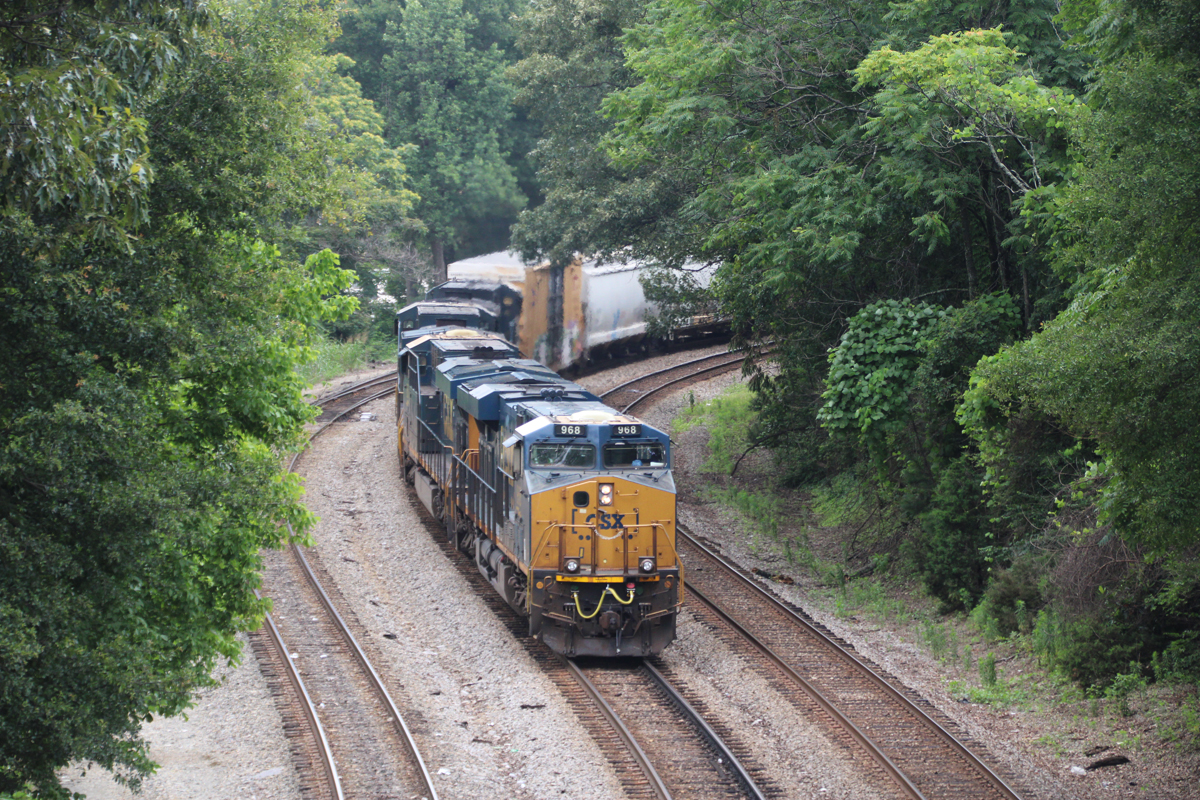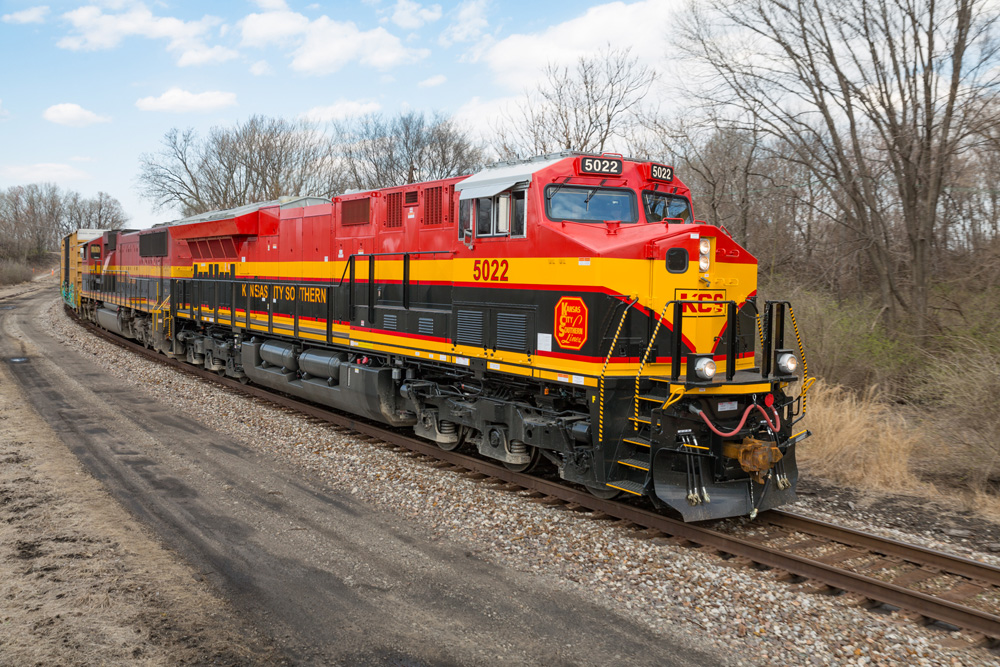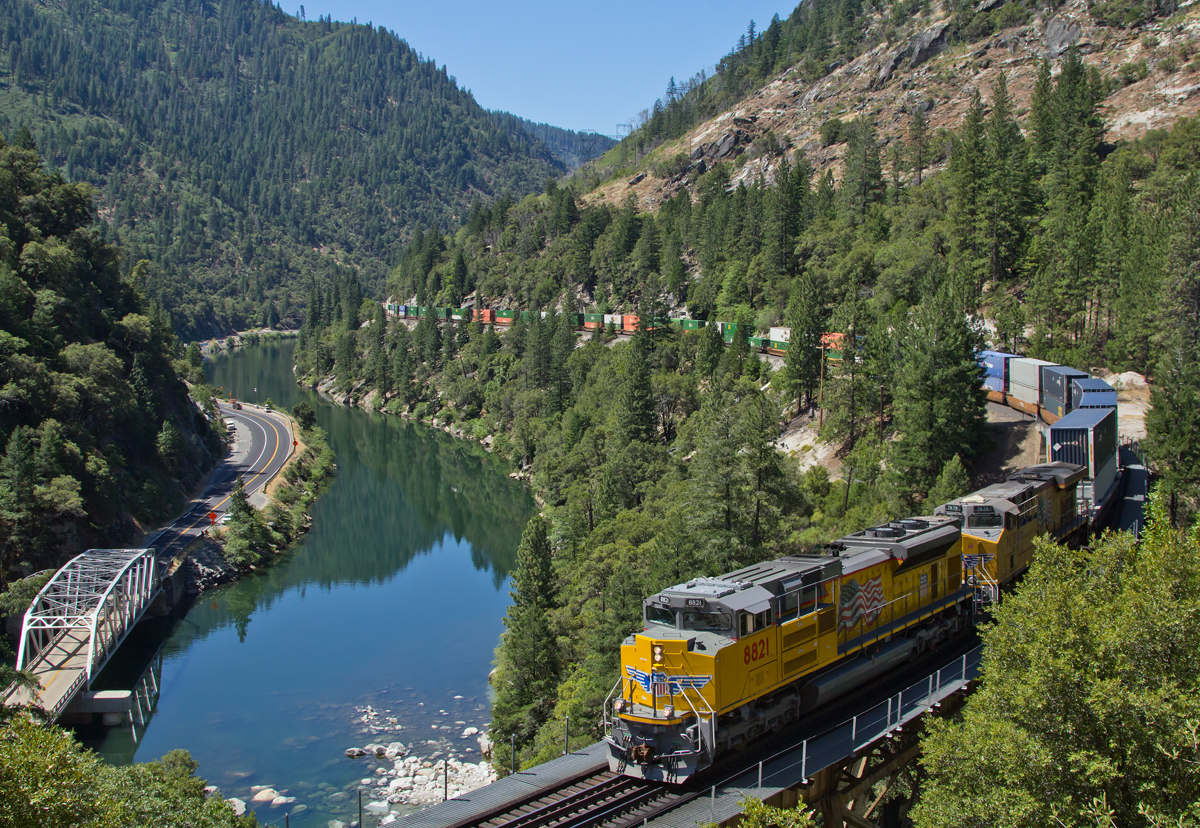
obligation. David Lassen
WASHINGTON — Two U.S. Senators have reintroduced a bill they say is designed to address the cost and reliability of freight railroad service by better defining railroads’ common carrier obligation.
The “Reliable Rail Service Act of 2025” is sponsored by Sens. Tammy Baldwin (D-Wis.) and Roger Marshall (R-Kan.). It would amend the requirement to serve shippers “on reasonable request” by adding “in a manner that meets the shipper’s need for timely, efficient, and reliable rail service and fulfills the shipper’s reasonable service requirements.”
It would also add a lengthy list of conditions for the Surface Transportation Board to take into consideration if a carrier is meeting that common carrier obligation. These include frequency of service, the impact of reductions in employees, reductions in equipment or infrastructure, and the transportation needs of a customer based on previous service.
The full text of the bill is available here. A summary is available here.
Baldwin and Marshall introduced similar legislation, S.2071, in 2023, but it failed to advanced out of the Commerce Committee.
Baldwin, in a press release, said that unreliable rail service disrupts livelihoods, disrupts supply chains, and increases costs. “That’s why I am proud to work with my Republican colleague to once again introduce our Reliable Rail Service Act,” she said. Marshall said Class I railroads “are not meeting expections,” and that the bill “lays out reasonable requirements for rail carriers to meet these important obligations.”
The bill is backed by a lengthy list of shipper organizations and rail unions. Among them is the American Chemistry Council, whose CEO, Chris Jahn, said in a press release that it proposes “smart and much needed reforms to help fix persistent freight rail service failures that are plaguing chemical manufacturers. … We urge Democrats and Republicans alike to support this important legislation because it will help ensure that railroads deliver on their obligation to provide reliable service to U.S. manufacturers.”
The Association of American Railroads, however, said it is opposed to “sweeping re-regulatory proposals like the Reliable Rail Service Act. These misguided reforms would impose inefficient mandates, empower bureaucratic micromanagement, and reverse over four decades of progress that have made America’s freight rail system the safest, most efficient, and most cost-effective in the world. Re-regulating rail in this way would raise costs across the economy, deter private investment, and stifle innovation.”
— Updated June 20 at 7:15 a.m. with AAR statement.














I just retired after 30 yrs on the railroad. I can say that the class 1s have no interest in serving customers unless wall st. says so. they are still looking for ways to get rid of customers not grow customers. how’s that for a business plan.
Of course the AAR would oppose anything that would require Class Ones to think as much about the customer (The absolute reason for their being) as they do their own self interests. The Big Gorilla in the room is when does running according to the current methodology of PSR and actually meeting the needs of the customer or are decisions by the roads (BNSF putting their relationship with JB Hunt over their common carrier responsibilities to their other customers including some coal producers or UP’s use of embargoes to force some of their customers to more completely align with their operating needs to maximize their OR numbers, and their and other resamples) to prioritize lower Op ratios over having crews and locomotive available to run necessary trains to meet ALL CUSTOMMERS system needs. If this law can reign in the unmitigated results of profits over service, then it is a good thing. If it is bipartisan it is even better. If this doesn’t help, then what is the alternative? Reregulation of the railroads, opening rail lines to all competitors vis open switching or other technologies? The railroads control their own destinies. And a returnby the Class Ones to the days of the Robber Barons is NOT the answer. If we do not learn from history we are doomed to repeat it!
One feature of any such bill is that it must define EXACTLY what the requirements mean for the railroads and the overseers. This will prevent overreach by regulators and assurance to the railroads as to what they must do to comply. Legislators are famous for passing bills painted in broad strokes with no supporting detail as to exactly what they require and not specifying who will design and implement the real set of rules. And what paths railroads can take to challenge unfair or unexpected rulings. Rather than a whole new bill, I would prefer modifications or amendments to the existing bill – much less disruptive.
Will read the legislation this weekend. The RRs definitely are not serving their common carrier obligations. AAR? Of course they oppose for who pays most of their bills.
One question comes to mind. Will the obligations also apply to passenger service? This might make METRA’s fight with UP take another turn. Then again the small elephant in the room could be Amtrak.
This is going nowhere… Thune was a lobbyist for DM&E and Schumer didn’t allow a vote on the Rail Safety Act of 2023. Both parties are compliant tools of Wall Street vultures.
It sure would, Charles, but it seems that has become a bridge too far for our class ones. When Fred Frailey had his great column on Newswire, many of his very informed readers commented on the inevitability of renewed legislation. It looks as though they were right.
Legislation? Wouldn’t it be far better if the railroads just did their d….ed job rather than being forced to do it.
Hello Charles,
The (obvious) answer to your question is, “Of course!”. But this is 21st Century America, and even you know that American Corporations won’t do anything right unless forced to.